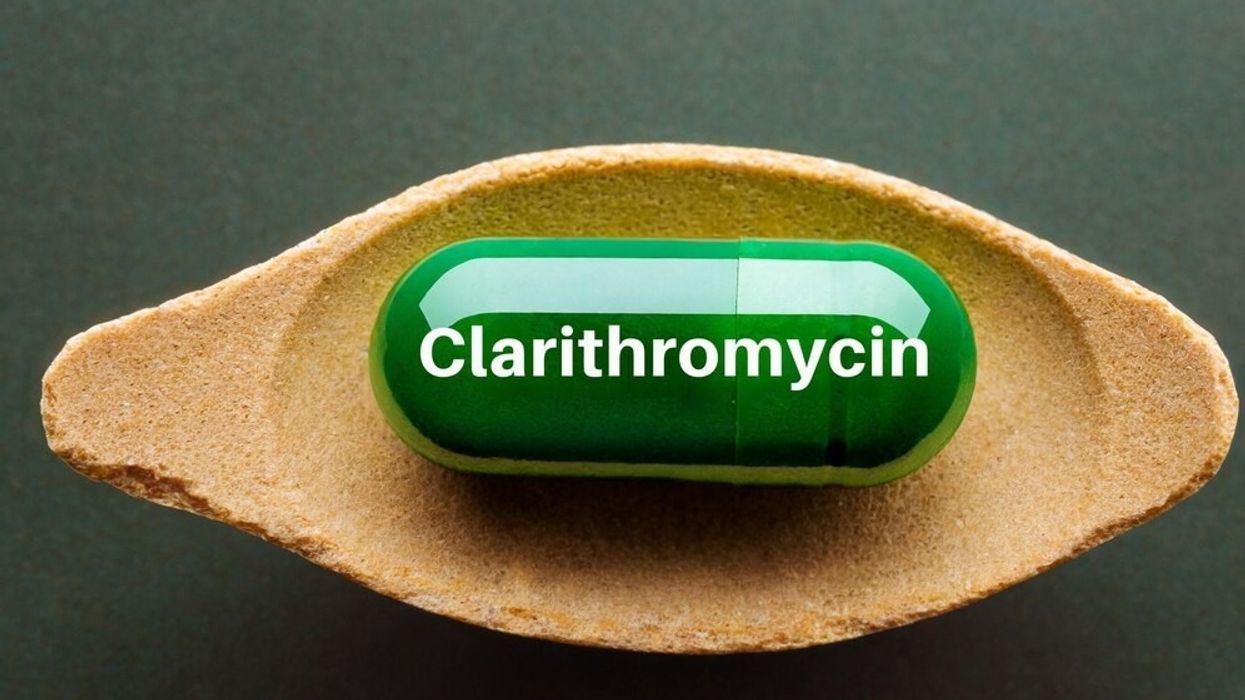Community pharmacists have been advised to review and familiarise themselves with the new end date
The Scottish government has issued a circular to inform community pharmacy contractors that the Serious Shortage Protocol (SSP) for Clarithromycin 125mg/5ml oral suspension, an antibiotic product, due to expire on 15 December 2023, has been extended until Friday 12 January 2024.
The extension is applicable to SSP053 which allows community pharmacists to substitute this product with Clarithromycin 250mg/5ml oral suspension for patients presenting with an NHS or private prescription.
Scotland's chief pharmaceutical officer, Alison Strath, has advised health boards to spread this information to community pharmacy contractors on their pharmaceutical lists and area pharmaceutical committees, as well as general practices.
Community pharmacists have been advised to review and familiarise themselves with the new end date for the noted SSP.
Various UK-wide SSPs have been issued by the Department for Health and Social Care (DHSC), in consultation with the Scottish government to assist in alleviating current supply issues with medicines availability.
An SSP is an additional tool to manage and mitigate medication shortages for prescribing clinicians, community pharmacies and importantly patients. It may be used when other measures have been exhausted or are likely to be ineffective.
Each SSP is individually developed and authorised clinically, to enable community pharmacists and dispensing doctors to dispense a different strength or formulation or alternative medicine or appliances in accordance with the protocol, rather than having to refer prescribing decisions back to the original prescriber.
These protocols are time limited, and the DHSC frequently reviews which medicines should be under an SSP and for how long they need to be in place.
Community pharmacists are expected to use their professional skill and judgement to decide whether it is reasonable and appropriate to substitute a person's prescribed medicine using the SSP. The person will also have to agree to the alternative supply.












